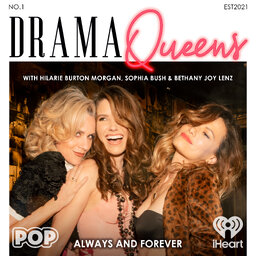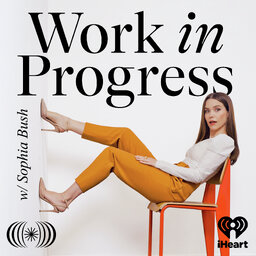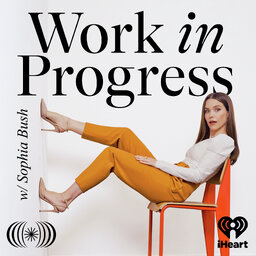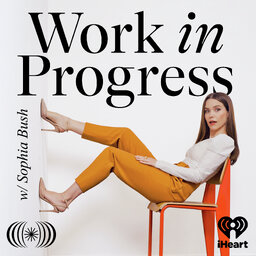Work in Progress: Nancy Pelosi
From a housewife in the 1960s to the first woman to serve as Speaker of the House, Nancy Pelosi is an inspiration. She is also one of the most influential women in American politics, whose desire to make a difference led her into public service and into our history books. For decades she has used her voice to champion human rights, full equality, affordable health care, and the environment.
Speaker Emerita Pelosi joins Sophia to talk about her journey into politics, how motherhood played a key role in her career, being proud of her battle wounds — or as she calls them, "badges of honor” — and her hopes for future policy change. She also shares her advice for women who want to run for office.
Together, Speaker Pelosi and Sophia rehash the DNC, and then Nancy reveals her work in progress, and the reason she wrote her new memoir, "The Art of Power: My Story as America's First Woman Speaker of the House" out now.
 Work in Progress with Sophia Bush
Work in Progress with Sophia Bush



